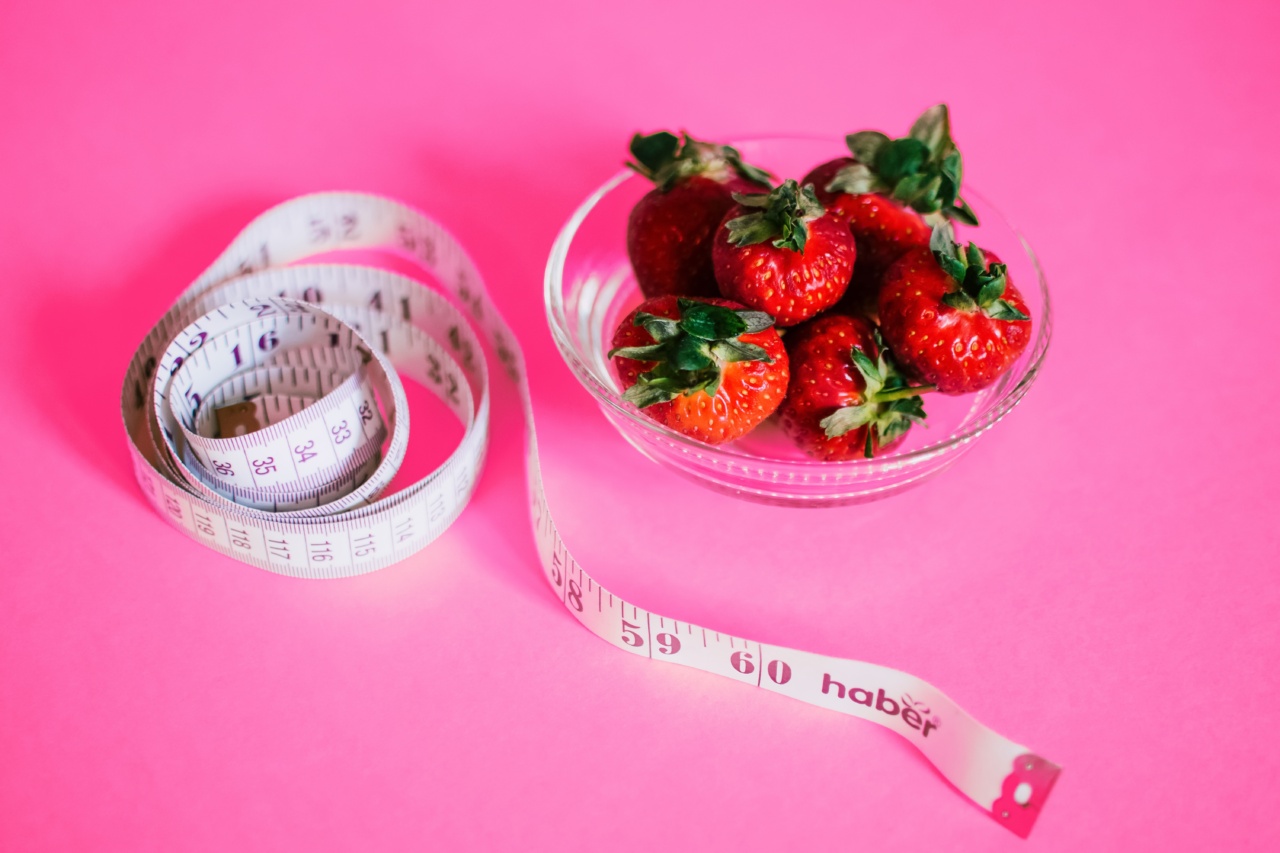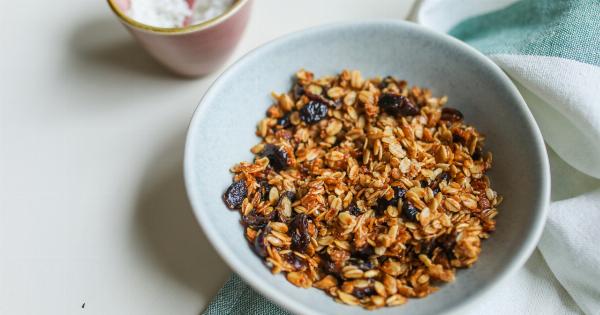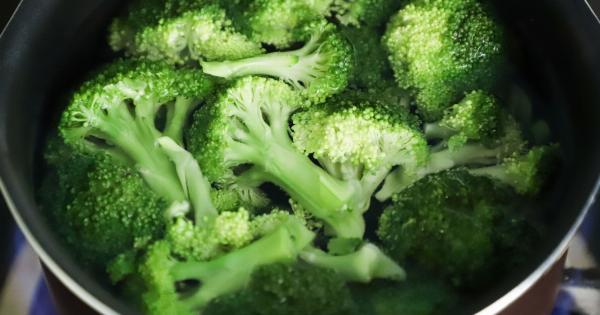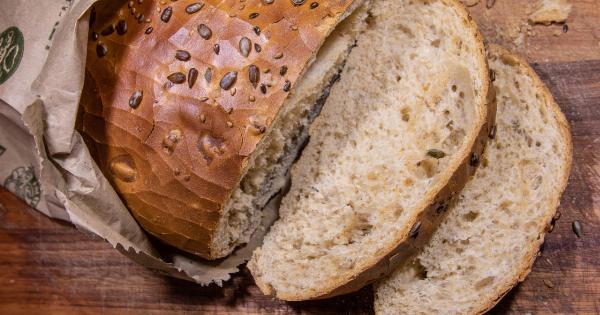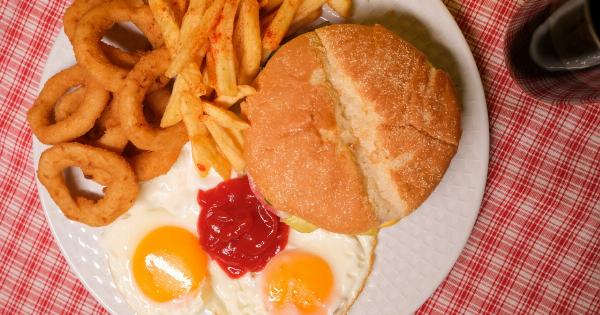Pregnancy is a beautiful journey that comes with a lot of excitement, expectations, and myths. Many people believe that they need to follow specific diets and food restrictions, but that might not always be the case.
Strawberries are one of the most commonly debated foods during pregnancy, with many people having mixed opinions about their impact on the journey. In this article, we aim to dispel common pregnancy myths surrounding strawberries, their nutritional benefits, and how you can safely include them in your diet.
Myth #1: Strawberries cause miscarriages
One of the most commonly spread myths around strawberries and pregnancy is that they cause miscarriages. Some people believe that the high levels of vitamin C in strawberries can cause uterine contractions and lead to miscarriages or preterm labor.
However, this is not true.
Vitamin C is an essential nutrient for the human body, and the recommended daily intake of vitamin C for pregnant women is 85 milligrams.
One cup of sliced strawberries contains about 98 milligrams of vitamin C, which is still within the safe levels of daily intake for pregnant women. Additionally, there is no scientific evidence linking strawberry consumption during pregnancy to miscarriages or preterm labor.
Myth #2: Strawberries cause allergy in babies
Another popular myth about strawberries and pregnancy is that they can cause allergies in babies.
While it’s true that some babies may be allergic to strawberries, there is no evidence that eating strawberries during pregnancy increases the risk of allergies in babies.
In fact, some studies suggest that exposure to allergens during pregnancy may actually reduce the risk of allergies in babies.
However, it’s important to note that if you have a family history of food allergies, you should still speak to your doctor before consuming strawberries or any other allergenic foods during pregnancy.
Myth #3: Strawberries are not safe because of pesticides
One of the most common reasons people avoid strawberries during pregnancy is because of concerns about pesticide exposure.
While it’s true that strawberries are on the “Dirty Dozen” list of produce that contain the highest levels of pesticides, you can still include them in your diet safely.
You can reduce your pesticide exposure by choosing organic strawberries or washing them thoroughly before eating.
Additionally, the benefits of eating strawberries outweigh the risks of pesticide exposure, and you can safely consume them in moderation during pregnancy.
Nutritional benefits of strawberries during pregnancy
Now that we have dispelled some of the common myths surrounding strawberries during pregnancy, let’s take a look at the nutritional benefits of including them in your diet.
High in vitamin C
Strawberries are rich in vitamin C, which is an essential nutrient for the human body. It helps to boost immunity, promote wound healing, and absorb iron from plant-based foods.
Pregnant women need more vitamin C than non-pregnant women, and including strawberries in your diet can help you meet your daily recommended intake.
Good source of folate
Folate is a B-vitamin that is essential for fetal development. It helps to prevent birth defects of the brain and spine, such as spina bifida.
One cup of sliced strawberries contains about 36 micrograms of folate, which is approximately 9% of the recommended daily intake for pregnant women.
High in fiber
Fiber is important for maintaining digestive health, preventing constipation, and promoting satiety. Pregnant women tend to experience constipation due to hormonal changes, and including strawberries in your diet can help prevent this.
One cup of sliced strawberries contains about 3 grams of fiber.
Rich in antioxidants
Antioxidants are compounds that help to protect the body from oxidative stress, which can lead to chronic diseases.
Strawberries are rich in antioxidants, such as vitamin C, anthocyanins, and ellagic acid, which can help to prevent cellular damage during pregnancy.
How to include strawberries in your pregnancy diet
Now that we have established that strawberries are safe and nutritious during pregnancy, let’s look at some ways you can include them in your diet.
As a snack
Strawberries make an excellent snack during pregnancy. You can wash them thoroughly and enjoy them fresh, or you can dip them in yogurt or nut butter for a tasty treat.
In smoothies
Adding strawberries to smoothies is an excellent way to increase your intake of fruits and vegetables during pregnancy. You can blend them with other fruits, such as bananas and mangoes, to create a refreshing drink.
In salads
Strawberries can add a pop of color and flavor to your salads. You can mix them with other fruits, such as blueberries and raspberries, and add some nuts and seeds for a crunchy texture.
Conclusion
Strawberries are a safe and nutritious food to include in your pregnancy diet. They are rich in vitamin C, fiber, folate, and antioxidants, which can help to support a healthy pregnancy.
It’s important to dispel common myths surrounding strawberries and pregnancy and enjoy them in moderation as a part of a balanced diet.
